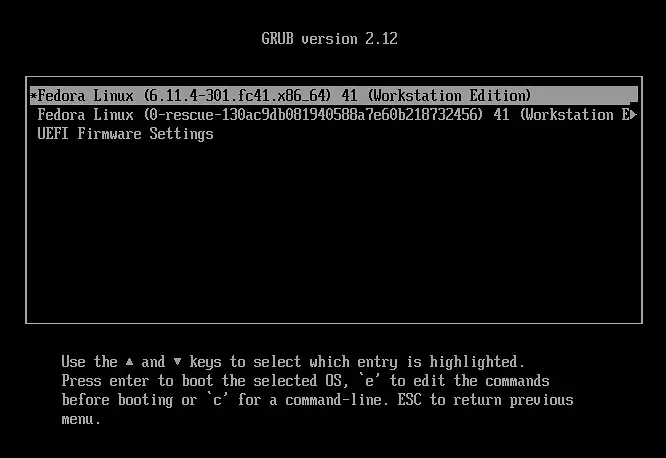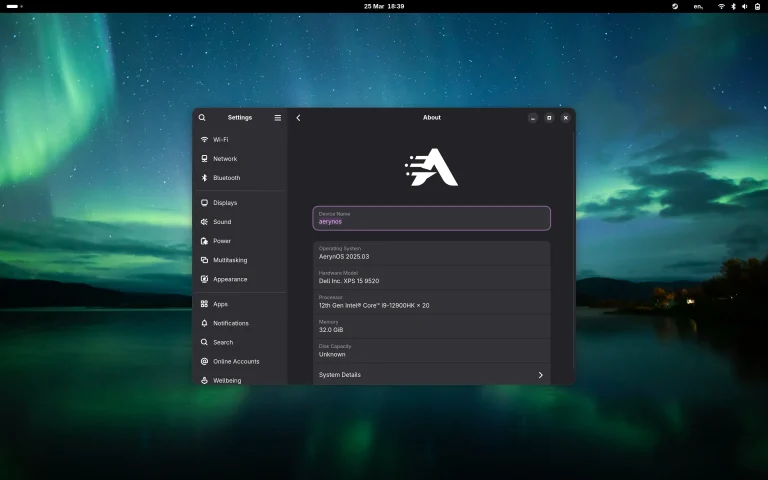
In recent weeks, the Fedora community has found itself at the heart of intense debate, sparked by two proposed changes that could significantly reshape the future of the distribution.
Following the release of Fedora 42, discussions around the project’s next steps took a practical turn. Developers and active contributors began suggesting ideas for the forthcoming Fedora 43. Some of these proposals concern the system’s internal mechanics—largely imperceptible to end users—while others touch on foundational elements and have ignited widespread public discourse.
The most contentious of these proposals called for the complete cessation of support for 32-bit applications on x86 architecture. The plan, as envisioned by its proponents, would entail the removal of multilib—Fedora’s library and tooling infrastructure that enables the execution of legacy 32-bit software.
While Fedora has not officially supported 32-bit processors since Fedora 30 in April 2019, the ability to run older applications persisted thanks to multilib.
This initiative came from developer Fabio Valentini, who had raised a similar point in 2022 when he advocated for dropping support for certain x86-32 packages. That earlier proposal, much like Canonical’s subsequent attempt to phase out 32-bit support in Ubuntu, faced a significant backlash. Canonical, in response to public outcry, ultimately reversed its course.
This time was no different. Kyle Gospo, founder of the gaming-focused distribution Bazzite, warned that eliminating 32-bit compatibility would render his project untenable.
Built atop Fedora and utilizing Universal Blue technology, Bazzite is a custom distribution featuring transactional updates and an immutable core, finely tuned for gaming. It aims to serve as a SteamOS alternative—drawing from the Red Hat ecosystem rather than Arch Linux.
For the gaming community, removing multilib would be a particularly painful move. Many widely played titles remain closed-source, and a large portion still target 32-bit environments. Without access to source code, porting such software to modern platforms becomes infeasible.
The implications go beyond gaming. Many Linux users still rely on time-tested 32-bit applications. Examples include WordPerfect 8 for Linux and the classic version of Acrobat Reader, which, despite its age, remains valued by certain users.
After impassioned deliberations, the proposal to eliminate multilib was ultimately rejected. However, discord within the community lingers. According to the final vote, 51% opposed the change, while 15% expressed reservations but hinted their stance might shift under specific conditions.
Concurrently, another initiative was debated—the possibility of including Xlibre, an alternative graphical server, in Fedora. This fork of the traditional X.org X11 system has recently garnered attention within the Linux world.
Xlibre’s creator, Enrico Weigelt, is a well-known developer with a notably polarizing reputation. He has frequently criticized Red Hat for its X.org policies, accusing the company of deliberately rejecting patches to favor the competing Wayland display server. Weigelt is also known for his anti-vaccine views, further fueling skepticism around his work.
Given Fedora’s close association with Red Hat, the proposal to integrate a project led by a vocal critic of the company was met with predictable resistance. The community swiftly dismissed the initiative.
These debates underscore the vibrancy of the Fedora ecosystem, where discourse extends beyond mere technical minutiae to encompass broader ideological considerations.
Though both proposals were voted down, discussions about 32-bit software support and the future of Fedora’s graphical stack are far from over. These issues continue to provoke strong reactions within the Linux user base and are likely to reemerge in future deliberations.






